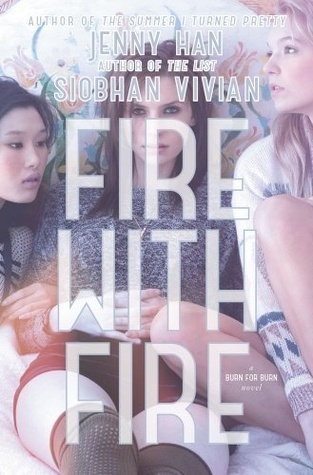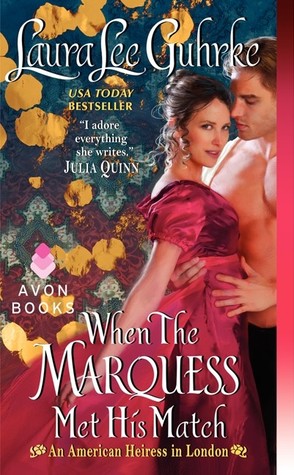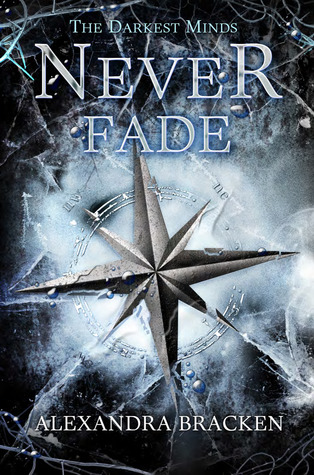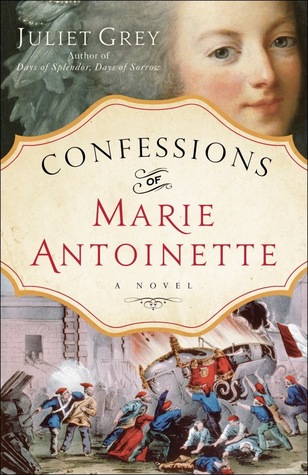Today I have the honor of hosting Juliet Grey, the author of Confessions of Marie Antoinette!
1. Tell us 5 (random) things about yourself that many people might not know about you:
(1) Juliet Grey is not my real name; (2) I feel more at home in older, more picturesque, cities and buildings; (3) that said, I am a native of NYC and it’s my favorite place in the world. (4) I love to sing Broadway show tunes; (5) I also write nonfiction books about the loves and lives of European royalty under the name Leslie Carroll.
2. Have you always wanted to be a writer? Did you ever dream of doing something else?
I enjoyed writing when I was a girl and my maternal grandfather and my father’s sister were writers, so the gene is on both sides of my family,. But I hadn’t considered it as a profession when I was young. I always wanted to be an actress, so that’s what I became; and I am still a professional actress, trained in the classics. One of my favorite jobs is to marry my two professions by narrating audio books.
3. What drew you to Marie Antoinette? What made you decide to tell her story?
In the course of researching the royal marriage of Marie Antoinette and Louis XVI for a chapter in my nonfiction book Notorious Royal Marriages, written under my real name, Leslie Carroll, I discovered how maligned the pair of them have been and that a lot of what I had originally thought about them was wrong, or skewed by the propaganda that found its way into the history books, repeated over the past two centuries as fact. Marie Antoinette in particular remains condemned as one of history’s most frivolous villainesses, tone-deaf to the plight of her subjects; and for the most part that wasn’t true at all. I felt that her story had to be told; and the best way to do it was in the form of a novel (or three—because the events of her life are too complex to shoehorn into just one novel: one book would barely skim them, covering only “the greatest hits.” So much would have had to be omitted and there would have been scant page time for character development, which was imperative, because Marie Antoinette’s journey was so spectacular. Many of the events of her life were so colorful and incredible that they seem invented by a novelist, which is one reason her story makes such an interesting novel. I have written scenes that sound incredible—but they are totally grounded in fact and based entirely on the historical record! Fiction also gave me the freedom to use my imagination to fill in the gaps where the historical record closes the door, and to bring emotion to the story, allowing readers to connect to it in a more meaningful way.
4. I'm fascinated by the things Marie Antoinette created for her hair with whole forest scenes and such! If you'd been a courtier at the time, what kind of elaborate hairdress would you have picked?
It would depend on my mood. Many of the “poufs” were political statements, and I can be very outspoken in that respect. I might have done something clever pertaining to women’s rights or healthcare! Or else I might celebrate a changing season; with autumn upon us, I could see a whole creation with a riot of color in changing leaves, and some of them might be hammered bronze and gold, which would complement my red hair. However, I would probably want to change the style every week. I would see another woman’s hairstyle and it would spark an idea I’d want to emulate.
5. If someone gave you control of a time-travelling machine and you could go back to any period in time, which one would you choose and why?
I would choose an era in which women’s wit was prized and their independence was not looked upon askance: the English estoration, or the Enlightenment, or pre-Revolutionary France in the mid-18th. century. I would have to live in an era when education and the free expression of ideas was encouraged, rather than an age of repression and religious intolerance. I am also drawn to the fashions of the 1660s and 1750s-1770s.
6. Which of the three books in this trilogy was the hardest for you to write?
The final one. I had spent years learning everything I could about these historical figures and their life and times. I came to love and understand Marie Antoinette and Louis and care about them deeply. It was very hard to let go, especially as things of course ended so tragically and violently. And the brutality of the Revolution was so undeserved. But I had to tell the story the way things really happened because I’m not sure readers realize how bad things were for the royal family and how much Marie Antoinette was a victim of propaganda (for example, those who still credit her with the tone-deaf remark “Let them eat cake,”—and that includes professional journalists and political pundits!—is horrifying bordering on embarrassing in this day and age when a little fact-checking goes a long way). People tend to romanticize the French Revolution.
7. What do you do for fun when you're not writing?
Fun? Not writing? I’m almost always writing because I write in more than one genre and always have a project going on. And I find writing tremendously fun. I love what I do. And I love the research it entails as well. But since I don’t think that’s what you’re angling to know, I’m also an actress and I love the theatre, whether it’s performing or attending theatre, ballet, museums. I am inspired by art, by looking at the water, by traveling. And I cherish every moment I get to spend with my husband.
8. Tell us about the last book you loved:
I’m actually still in the middle of reading it, but I keep having to put it down as work-related projects with tight deadlines keep coming up: I rarely have time for pleasure reads. But I am drawn to novels with a strong author’s voice (like those of Hilary Mantel and Sarah Dunant) and recently discovered those of David Blixt. I am reading Her Majesty’s Will, a wonderful Elizabethan romp full of espionage, swordplay, and wit, starring William Shakespeare and Christopher Marlowe. Because I am also a trained Shakespearean actress I get all of Blixt’s inside jokes (it’s just an added bonus in the novel if you know your Shakespeare) and find myself laughing out loud.
9. What/who is your all-time favourite book/author?
Pride and Prejudice by Jane Austen is the perfect novel
10. Tell us in one sentence why people should read Confessions of Marie Antoinette:
Because you’ll be surprised at the empathy you’ll feel for one of history’s most maligned women; and even though you already know the ending, you won’t be able to put it down.
Thanks so much for answering all my questions and we share a love for Pride and Prejudice! :)










